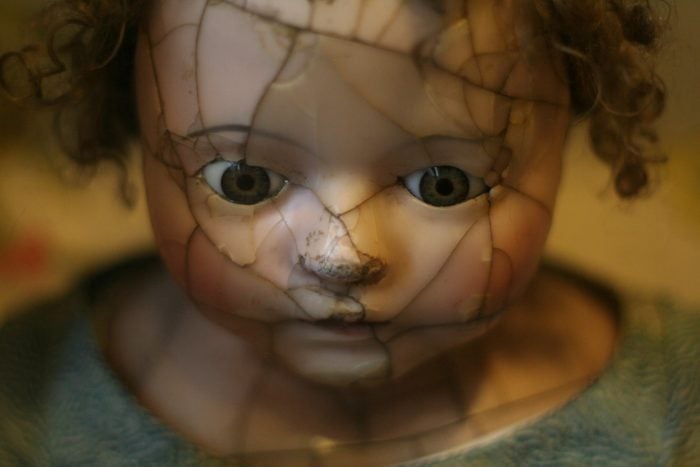I think I’ve healed only to find myself crying again and gasping for air.
We need to speak about this disorder that is not yet in the DSM.
We speak about war veterans suffering PTSD, but we continue to misunderstand and misdiagnose those with CPTSD.
What is CPTSD?
It stands for complex post-traumatic stress disorder, and it is the result of prolonged trauma to an individual.
For those that have suffered this in childhood, it may also be referred to as developmental trauma.
If you have CPTSD that stems from developmental trauma, you may relate to my experience.
I have many fragmented parts. They are frozen in time. There’s a baby, a 2-year-old, a 5-year-old, a 12-year-old, an older teenager, a 20-year-old, an advocate, and me, the adult.
I overwork myself so not to feel anything and yet, my emotions come sipping out of my overfilled glass.
I dissociate when I talk about the past. I am often looking down at a blurry version of myself as if I am not fully here.
I often experience low self-esteem and immense shame.
I can self-isolate.
I long for someone to be my mother and have a hard time letting go of anyone who fills this role.
I’m sensitive. I feel everything internally.
I fear disappointing.
I have poor memory.
I struggle to stay focused.
I struggle with expressive and receptive language.
My emotions overtake me and I have trouble returning to baseline for hours.
I am often not “here.”
If you can relate to my experience, I recommended a few things:
1. Learn about Internal Family Systems.
2. Read Healing the Fragmented Selves for Trauma Survivors, by Janina Fisher.
3. Find one activity on your busy list and replace it with something for you—meditation, yoga, walking, a nap, Netflix, and so on.
4. Find a therapist who understands how to work with trauma and attachment and be careful in selecting a good therapist.
6. Make your living space a home by creating a sanctuary.
7. Find loving friends who will hold space for you to grieve.
8. Be kind to all your internal parts, even if they are messy.
9. Give yourself time and space to fall apart.
10. Remain true to your perspective and narrative because only you, and you alone, know your experience.
It’s time we question what is going on in the homes of many children and examine adverse childhood experiences and CPTSD more closely. It’s time we recognize this disorder in the DSM and find ways to intervene.
CPTSD is something that can be prevented, but we need to recognize it for what it is first.
~









Read 23 comments and reply